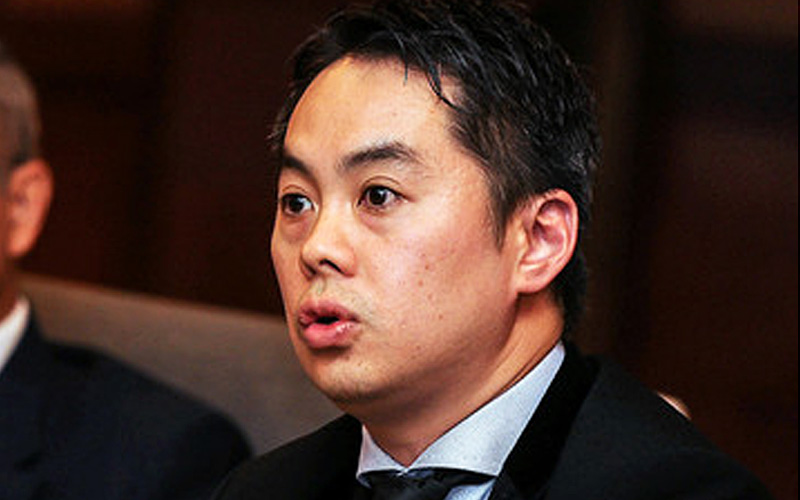By Minderjeet Kaur | Free Malaysia Today

A lawyer said today the International Criminal Court (ICC) has no jurisdiction over the King and the Malay rulers as they come under the country’s special courts.
Edmund Bon said as long as there was a working legal system in the country, the ICC could not step in.
“If a case is brought against the King here in Malaysia, then we will say there is a system here to take care of it. Therefore, the ICC cannot step in,” he said.
Bon was one of the speakers at the International Symposium on the “Path to Justice for the Rohingya” here today.
He was asked to comment on the statement by Johor’s Sultan Ibrahim Sultan Iskandar that signing the Rome Statute went against the constitution as it would affect the monarchs, Malay rights and Islam.
The Rome Statute is an international agreement that created the ICC, which serves to complement existing laws in a state to prosecute individuals who commit international crimes, as contained in Article 5 of the statute, such as genocide, crimes against humanity, war crimes and crimes of aggression.
Bon was also asked what would happen if one day the present legal system failed.
He said the King, under Article 150, could then decide on the next course of action as he would be running the country and it would be up to “those running the country to take responsibility”.
But he said this would not happen as nobody wanted war in Malaysia.
He further said there was no reason to fear the King’s immunity would be affected by the ICC as Putrajaya had also said it would not amend the constitution.
Foreign Minister Saifuddin Abdullah had previously said the Cabinet had agreed to sign the treaty after being satisfied that the position of the King, who is also the supreme commander of the armed forces, would not be affected.
Bon explained that according to the Federal Constitution, the King acts on the advice of the Prime Minister and the Cabinet.
“This must be followed. Only in certain cases can the King say ‘no’,” he said.
Due to that, he said Malaysians did not have to be fearful of the narrative that the King might have to face the ICC.
Bon, the former Malaysian representative to the ASEAN Inter-governmental Commission on Human Rights (2016 to 2018), was also asked about Malaysia’s right to take genocide cases involving the Rohingya to the ICC.
He said since Malaysia was going to be a member of ICC, it could now only take up cases of the Rohingya after June this year. He said the problem now was that Malaysia would not be able to give evidence prior to the signing.
“We cannot go backwards. Now, we can only go for crimes committed from June onwards,” he added.
He said Malaysia needed to set up a special unit involving the Attorney General’s Chambers or private practitioners themselves could set up a team to advise and look at ways to compile evidence on crimes against the Rohingya.
However, he warned that it would be difficult to access information in Myanmar as a lot of evidence is needed to back up the allegations could have been destroyed.



